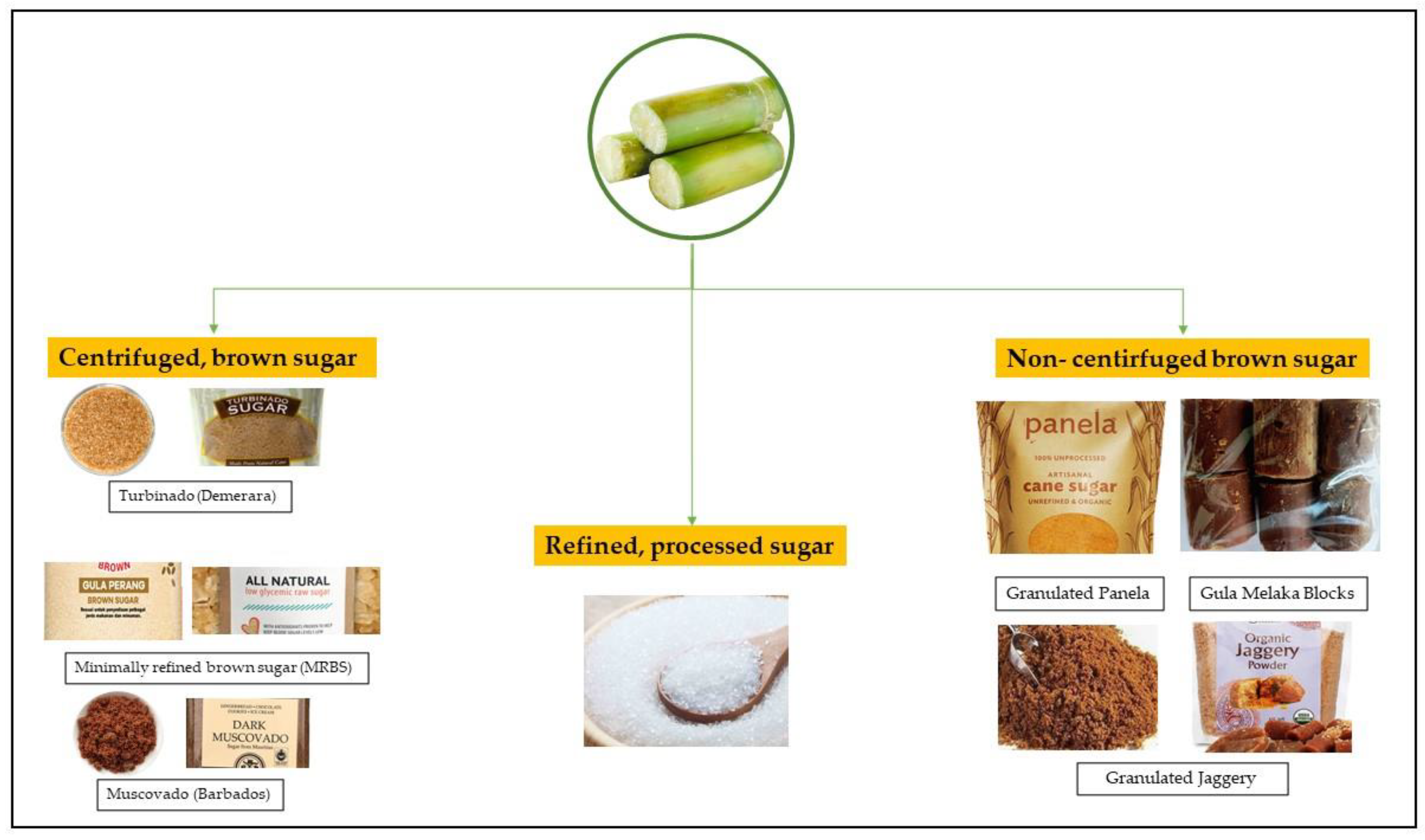Top 10 hidden reasons you didn’t know about sugar chemicals
Top 10 hidden reasons you didn’t know about sugar chemicals
Blog Article
The Scientific Research Behind Sugar Chemicals: What Consumers Required to Know
When you think regarding sugar, do you understand what types you're really taking in? It's not simply about the wonderful preference; the sort of sugar you pick can considerably influence your wellness. Understanding the distinctions between all-natural and sugarcoated is essential. There's more to it-- just how sugars impact your body's metabolic process can lead to significant health repercussions. As you consider your nutritional options, you'll intend to discover the covert intricacies of sugar and its impacts on your wellness. sugar chemicals.
Understanding the Basics of Sugar: Kinds and Sources
Sugar plays an essential role in our diets, however not all sugars are created equivalent. You'll experience two primary kinds: natural and sugarcoated. All-natural sugars, discovered in fruits, veggies, and dairy, included valuable nutrients and fiber. They're absorbed a lot more slowly, offering a steadier power launch. On the other hand, sugarcoated are those you find in refined foods, like candies, soda, and baked products. These sugars typically contribute vacant calories and can lead to health and wellness issues when eaten in unwanted.
Sources of sugar differ extensively. While fruits and honey supply all-natural sweet taste, items like high-fructose corn syrup and table sugar add to added sugar consumption.
The Biochemistry of Sugar: How It Influences Our Bodies

Fructose, found in fruits and sugarcoated, is metabolized in a different way. It mostly goes to your liver, where too much consumption can cause fat buildup, potentially causing liver problems.
Also much sugar, specifically included sugars, can trigger inflammation and alter digestive tract microbiota, which can impact your total health and wellness. By understanding these biochemical processes, you can make educated choices about your sugar consumption and its influence on your wellness.

The Metabolic Pathways of Sugar: Energy and Beyond
When you consume sugar, your body starts a complicated series of metabolic pathways that expand past simply supplying energy. Initially, your digestive system breaks down sugars into sugar, which enters your blood stream. This surge of sugar signals your pancreas to release insulin, a hormonal agent that assists cells soak up the sugar for immediate power.
Nevertheless, not all sugar is made use of as soon as possible. Your body can save excess glucose in the liver and muscles as glycogen for later usage. If those stores are full, it can convert the excess into fat.
Beyond energy, sugar metabolism additionally influences various biochemical procedures. It plays a role in synthesizing specific amino acids and serves as a precursor for nucleotide manufacturing, vital for DNA and RNA. This highlights how sugar isn't just fuel; it's indispensable to multiple physical features, showcasing the intricacy of its metabolic pathways.
The Impact of Sugar on Wellness: Conditions and Problems
When you consume too much sugar, you may boost your risk of obesity and associated health and wellness concerns. This excess sugar can also add to diabetes mellitus and cardiovascular disease, developing a harmful cycle for your overall wellness. Recognizing these connections is important for making educated dietary selections.
Sugar's Role in Weight problems
Sugar has a substantial duty in the excessive weight epidemic, influencing exactly how our bodies process calories and store fat. Furthermore, sugar can trigger cravings, making it more difficult to stand up to harmful treats and larger sections. Minimizing sugar intake can help you manage your weight better, reduced your threat of obesity-related issues, and advertise general wellness.
Diabetes Mellitus Danger Variables
Extreme sugar usage can substantially boost your risk of developing diabetes mellitus, particularly kind 2 diabetes. When you consume high amounts of sugar, your body battles to produce adequate insulin to handle blood glucose levels properly. In time, this can bring about insulin resistance, where your cells no much longer respond properly to insulin. If you're obese or non-active, these factors worsen the danger also further. Additionally, a diet plan high in sweet foods can cause boosted fat buildup around your abdomen, which is a considerable threat aspect for diabetic issues. It's crucial to monitor your sugar intake and make healthier options, useful source like selecting whole foods and balanced dishes, to assist lower your risk and preserve much better general health and wellness.
Heart Condition Links
While you may believe of sugar as simply a sweet reward, its link to heart disease is a lot a lot more serious than you may recognize. High sugar intake can lead to obesity, high blood pressure, and swelling, all of which enhance your risk of heart disease. When you take in extreme sugar, your body has a hard time to take care of insulin degrees, leading to insulin resistance.
Browsing the World of Artificial Sweeteners: Pros and Disadvantages
When it pertains to sweetening agents, comprehending their wellness influences is necessary for making informed options. You'll discover a range of choices readily available, each with its very own benefits and drawbacks. Let's check out exactly how these sugar can impact your health and one of the most usual kinds you might experience.
Health Impacts Summary

As you discover the globe of fabricated sweeteners, it is crucial to examine their pros and disadvantages for your health and wellness. These sugar replaces can help you reduce calories and handle weight, making them appealing for several. Some research studies recommend potential links between synthetic sugar and health concerns, such as metabolic conditions or intestine microbiome changes.
Typical Kinds Explained
Understanding the different kinds of artificial sweeteners can help you make educated choices about your diet and wellness. Usual options consist of aspartame, sucralose, and stevia. Aspartame is typically found in diet plan soft drinks and processed foods yet may create migraines in some individuals. Sucralose, recognized for its sugar-like have a peek at this site taste, is preferred in cooking as a result of its heat security. Stevia, obtained from plants, offers an all-natural option without calories.
While these sugar can help in reducing calorie consumption, they include benefits and drawbacks - sugar chemicals. Some individuals may experience digestion concerns or food cravings with specific kinds. It is essential to review tags and comprehend exactly how each sugar influences your body, so you can pick what's ideal for your way of life and wellness objectives
Sugar Alternatives: Natural vs. Artificial
While you could be looking for means to reduce sugar intake, steering the landscape of sugar options can be complicated. They could use a sweeter taste without the blood sugar spikes linked with conventional sugar.
On the various other hand, synthetic options, such as aspartame and sucralose, are manufactured and frequently much sweeter than sugar, allowing you to utilize much less. sugar chemicals. They're preferred in numerous low-calorie products. Problems concerning long-term health impacts linger, leading some customers to walk cautiously.
Ultimately, whether you choose all-natural or synthetic choices, it is necessary to read tags and recognize what you're taking in. Each choice has its advantages and disadvantages, so locate what works best for your taste and wellness goals.
Making Educated Dietary Selections: Tips for Reducing Sugar Consumption
Minimizing sugar intake doesn't have to feel overwhelming, specifically when you begin making notified dietary options. Look for added sugars listed under different names, like high-fructose corn syrup or agave nectar.
You can additionally exchange sweet treats for healthier choices. Attempt nuts, yogurt, visit this site or fruit as opposed to candy or pastries. When drinking beverages, choose water, bitter tea, or shimmering water rather than soda and sweetened drinks.
Furthermore, gradually lower sugar in your recipes. Be mindful of part dimensions; smaller sized portions can help you manage sugar consumption without feeling robbed.
Frequently Asked Questions
Just How Do Sugar Cravings Establish and Just How Can I Take Care Of Them?
Sugar desires create as a result of hormone variations, stress and anxiety, or practices. You can manage them by eating balanced meals, staying hydrated, and incorporating healthy snacks. Mindfulness techniques likewise help you recognize and manage those desires efficiently.
What Duty Do Genes Play in Sugar Metabolism?
Genes significantly affect just how your body metabolizes sugar. Variants in genetics can affect insulin level of sensitivity and cravings regulation, making some people extra prone to cravings and difficulties in handling sugar intake compared to others.
Are There Any Type Of Environmental Impacts of Sugar Manufacturing?
Yes, sugar manufacturing adds to deforestation, water contamination, and habitat damage. As you eat sugar, consider its ecological effect, including chemical usage and dirt destruction, which can affect ecosystems and areas around sugar plantations.
How Do Different Societies Perceive and Consume Sugar?
Different societies regard and take in sugar in special ways. You might find it sweetening tea in some areas, while others integrate it right into tasty dishes, showcasing diverse cooking customs that highlight sugar's versatility and cultural value.
What Are the Long-Term Impacts of High Sugar Intake on Mental Health And Wellness?
High sugar consumption can cause mood swings, anxiousness, and clinical depression. Gradually, it influences your brain's chemistry and might boost the danger of creating psychological health and wellness conditions, impacting your general health and everyday life.
Report this page